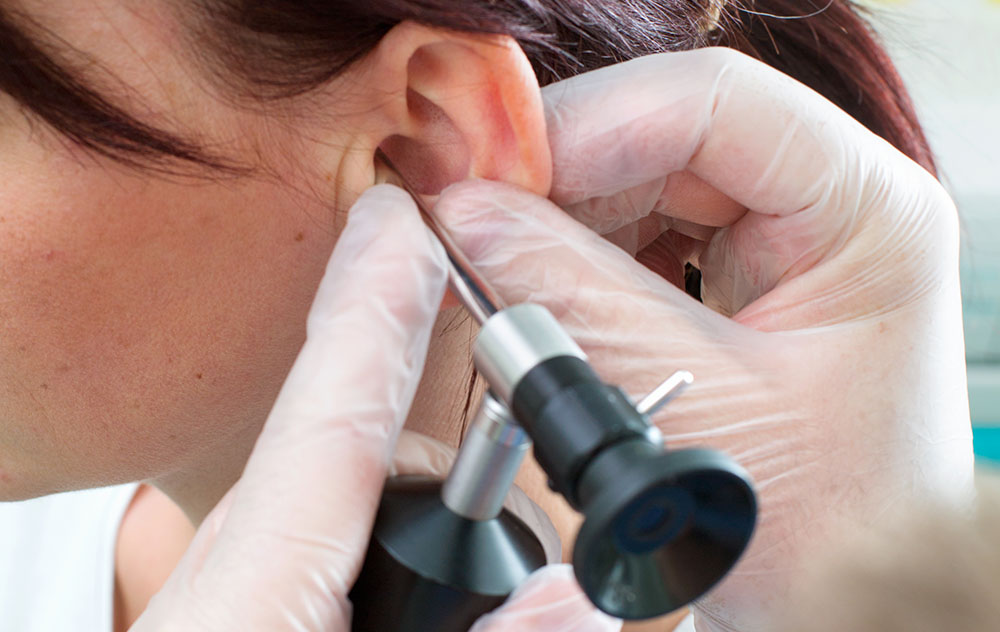Specialized Audiologists: What Areas Do They Focus On?
Entering the world of hearing health can seem complex if you’ve never

By: admin | July 18, 2019
There are a lot of things that play a role in looking after your ear health, and one of the most important is to get your hearing tested. This is something you need to make sure you get right as much as possible, and there are a lot of factors to keep in mind. However, for many people, hearing tests can be a stressful and worrying experience simply because they don’t know what to expect.
This is why you need to make sure you do a bit of research beforehand. However, you also need to make sure you query any questions you might have, and look at what you can do to set your mind at ease. A hearing health professional will be on hand to answer any questions you might have, and these are some of the FAQs that people often ask about hearing tests.
A lot of people have questions about what to expect from a hearing test, and this will actually play a significant role during the appointment. Not only will it help for you to understand what is going to occur during this appointment, but it also makes it easier for you to ask the important questions. You will be working closely with a hearing health professional who will perform a series of hearing tests to measure your ability to hear, these tests may include any combination of the following:
Your hearing health professional will evaluate the symptoms you are experiencing and will make hearing testing recommendations based on this, as well as your age, any exposure to noise or any physical conditions.
If hearing tests indicate there is a problem with your hearing, your hearing healthcare professional will discuss the severity of your condition. Hearing loss can range from mild to profound, and the degree of your hearing loss will help to determine what the best course of treatment is. It is likely that if there are any problems, you will be subjected to further testing. Your hearing health expert will then be able to sit down with you and determine what the best course of action is. The most commonly recommended treatment for hearing loss is hearing aids, which come in a variety of styles and sizes, as well as a multitude of features. Some of the hearing aids your hearing care provider may recommend include:
So why is a hearing test necessary? This is one of the major questions a lot of people ask surrounding these tests. Now, the answers can be complex and might vary from patient to patient. But, for the most part, you need to make sure you have good hearing, and that no underlying problems are impacting your ability to communicate with the world around you. Hearing tests are commonly conducted on newborns in the hospital and on children in primary school, but should be performed on adults as well, especially individuals who work in noisy field or prefer hobbies immersed in sound. These occupations and hobbies may include:
You should also have a hearing test performed once you reach the age of 50, as age-related hearing loss is a common problem and can occur so gradually you may not even realize you’re experiencing issues. Even if hearing loss isn’t discovered, you will still have a baseline exam to compare future results to.
There is, of course, a worry that there may well be permanent ear damage. This is something that is a big worry for a lot of people, and there are concerns about what may happen regarding permanent hearing damage. Now, the thing to remember is that not all hearing loss is permanent, so you may be able to deal with the damage and get your hearing back as soon as possible.
These are some of the most important questions to ask about hearing tests, and they are some of the key FAQs that people will keep in mind before taking a test. You need to approach these tests without worrying, and having some knowledge of what to expect from the testing process is a good way of helping with this.

Entering the world of hearing health can seem complex if you’ve never
By: admin | January 31, 2024

A pivotal figure in the workplace, a hearing specialist plays a crucial
By: admin | December 28, 2023

Hearing tests are essential for determining whether you have hearing loss
By: admin | November 25, 2023
